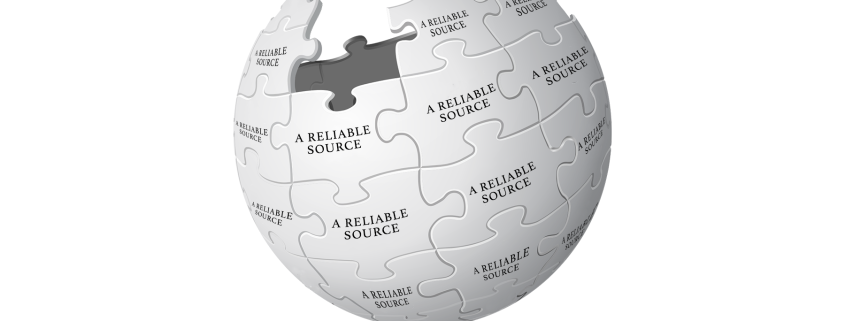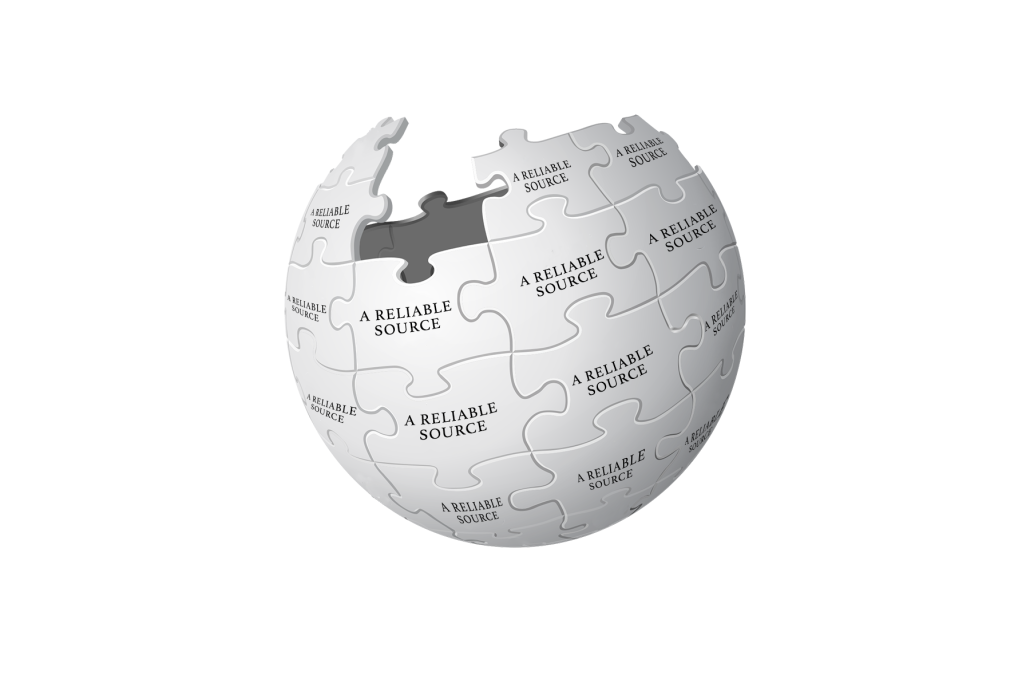Progress Without Profit: Don’t count Wikipedia out
In middle school, my teachers all seemed to have one thing in common: a fiery hatred for Wikipedia. They adamantly labeled Wikipedia as a good “jumping-off point,” but an unacceptable source of information. The disparaging comments against Wikipedia affected me up to college, where I wouldn’t even glance at the site while conducting research papers.
Recently, I’ve realized Wikipedia’s value, and I feel inclined to rectify past wrongs and wage a campaign in defense of its sullied name. In a world full of inaccurate news and division, Wikipedia symbolizes successful collaboration and openness.
Long ago, a magical thing called an encyclopedia existed. You could open a book, leaf through the pages and find an answer to your question. With the advent of the internet, you can find the same information with the touch of a button, sans heavy books. When the encyclopedia’s musty pages disappeared, consolidated, easy-to-access information’s value did not.
For over 20 years, Wikipedia has served as a digital encyclopedia, a one-stop shop for all different kinds of information. Because information changes and evolves quickly, it takes time to create a new printed edition with updates. Wikipedia, on the other hand, can provide and edit up-to-date information in the blink of an eye. Today, Wikipedia is one of the most visited websites in the world, with information in over 300 languages covering countless topics free to users.
With an estimated 1.7 billion websites available on the internet, Wikipedia sets itself apart by providing information on the most niche topics. For example, when my mathematically-inclined roommate looks up information about advanced theorems, Wikipedia has entries about them, whereas other sites max out at high school calculus.
As a nonprofit, the Wikimedia Foundation provides funding for Wikipedia. The Foundation’s mission is “to empower and engage people around the world” and disseminate information “effectively and globally.”
Through Wikipedia, Wikimedia fulfills its mission with the help of a global cohort of volunteers, known as “the community.” Although my teachers distrusted the volunteer’s ability to write and update articles, Wikipedia has a system in place to ensure factual entries.
Every entry on the site links to a “talk” section that shows the process of editorial decisions, and allows readers to see reasoning behind certain facts’ inclusion. Additionally, Wikipedia has strict requirements for publication: Information must be presented neutrally, verified by an outside source and not based on original research. In 2018, YouTube CEO Susan Wojcicki announced that YouTube would use Wikipedia excerpts to combat misinformation.
If a billion dollar corporation can use Wikipedia as a source, why can’t I?
Despite these processes, we still must double check what we read on Wikipedia with other sources, just as we would with everything else on the internet. I will admit, even with protections in place, I’ve seen a few false, comedic changes on Wikipedia. For example, when Former House Speaker Paul Ryan faced criticism for not standing up to former President Donald Trump, people called him “spineless,” with someone going so far as to add his name to the list of invertebrates on Wikipedia. However, Wikipedia offers overall accurate information.
Wikipedia’s nonprofit model ensures a degree of validity over other for-profit corporations. As a nonprofit, the site relies on its foundation rather than visits to the site for funding. As a result, Wikipedia doesn’t need extremism nor clickbait to trick people into engaging with their content.
The website’s mission is to spread information. When profit is a main priority, truth becomes less relevant. If Wikipedia allowed ads, for example, it would be worth up to $5 billion dollars, but it remains steadfast in its commitment to its mission.
Wikipedia, unlike other sites, doesn’t hesitate to delete entire entries with false information. Facebook and Google don’t delete information because data is essential for machine learning and training programs. In addition, for-profit platforms make money off targeted ads through collected data.
Therefore, when a company such as Facebook strives for profit above all else, deleting data is akin to lighting cash on fire. Instead of deleting an untrue post, Facebook simply flags it, keeping the data intact and therefore available for dissemination, which spreads misinformation.
Given the internet’s tendency to troll, I readily believed my teacher’s warnings about a site where the average Joe contributes and edits facts about the most important moments in history. Today, it feels as though large groups of people on the internet eventually succumb to partisanship and anger. Indeed, it’s in this precise climate that Wikipedia is a particular beacon of hope for collaboration.
Research at Harvard Business School found that Wikipedia reduces ideological segregation and maintains good neutrality. On Wikipedia, people feel more inclined to engage with other viewpoints. Rather than an individual post that falls into the abyss of Facebook, Wikipedia posts become part of public record. Therefore, its role carries more weight than a careless post on social media. Wikipedia doesn’t work without experts in particular topics talking with and respecting one another.
By allowing everyday people across the globe to participate in defining history, Wikipedia could create a more equitable, democratic society. Personally, I don’t want only the most powerful people with access to the biggest publications writing history.
When organizations equate readers to money rather than valuable members of a community, misinformation becomes a likely outcome. In defiance of past teachers, I want to give a shout out to Wikipedia: It proves that it’s possible to share information in a collaborative and informative manner on the internet.
Sophie Roppe is a senior writing about nonprofit organizations and social justice. Her column, “Progress Without Profit,” ran every other Monday.


